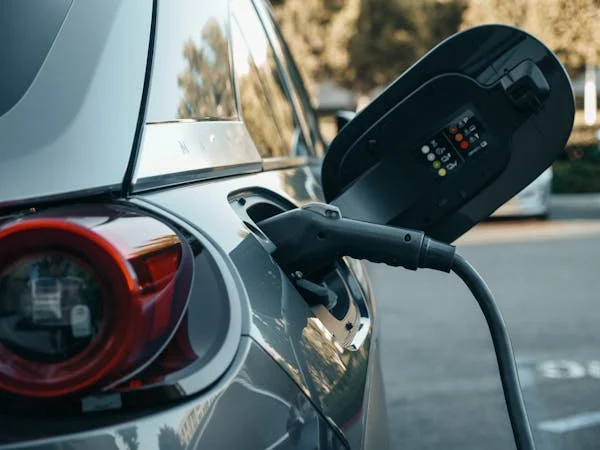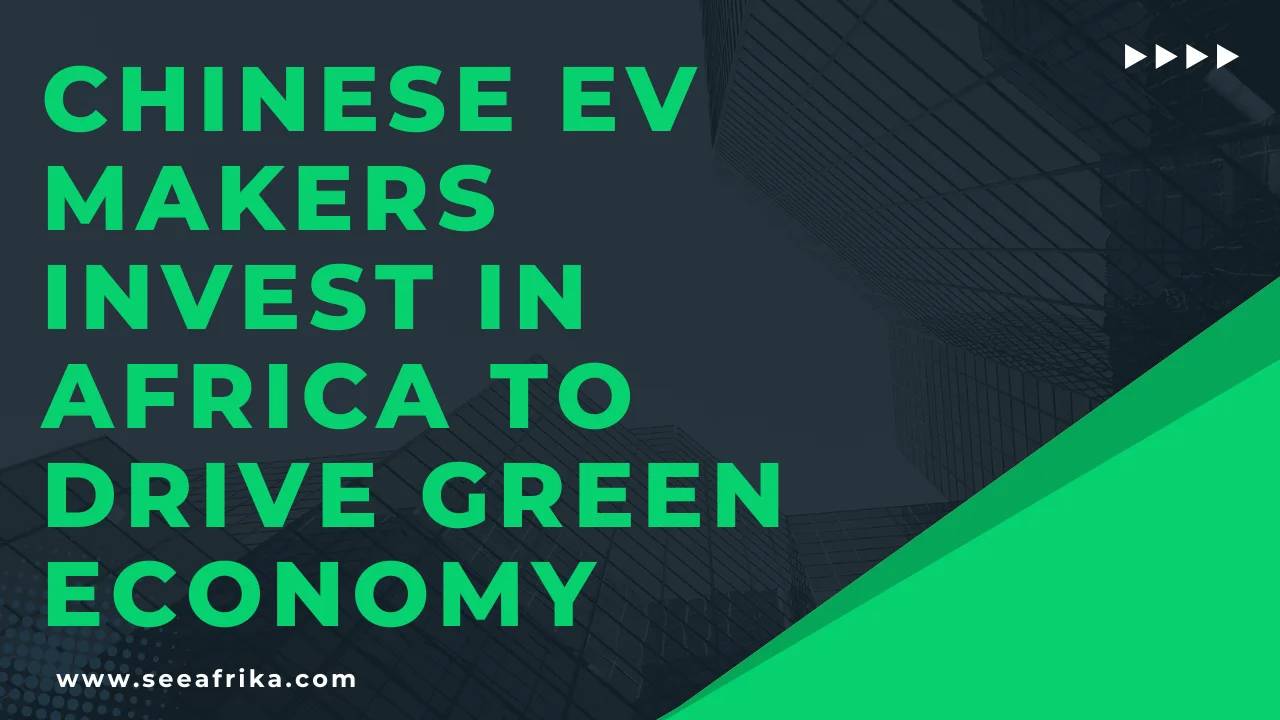Chinese electric vehicle manufacturers are increasingly investing in Africa as part of their global expansion strategy. This move aims to boost the continent’s green economy by promoting electric mobility and reducing emissions. As Chinese EV makers invest in Africa, they’re exploring the vast market potential and growing demand for sustainable transportation solutions, thereby making it an attractive destination for these investments.
According to Xn Iraki, an associate professor at the University of Nairobi’s Faculty of Business and Management Sciences, China is drawn to Africa because it is a fresh market with enormous potential. Additionally, a lot of drivers are switching to electric cars as a result of rising fuel costs.

Chinese EV Makers Invest in Africa
Chinese EV makers are investing in Africa by opening flagship stores and assembly plants. Companies like BYD and BAIC are leading the charge, with BYD operating in countries such as South Africa, Kenya, and Ethiopia.
BAIC plans to start producing electric vehicles in Egypt, targeting a production capacity of 20,000 units annually by the end of next year.
Moja EV Kenya, a distributor of Chinese EV manufacturer Neta, unveiled 100 Chinese-built Neta V taxis in late October with ambitions to expand to 500 by the middle of 2025. This came after its main showroom in Nairobi opened in June.
The business collaborated with banking institutions to develop a system that allows customers to pay for taxi services straight from drivers’ bank accounts, facilitating accessibility to the vehicles.
With the aid of this agreement, taxi drivers will be able to establish a credit history, which will eventually allow them to get loans and raise their financial standing.
Economic and Environmental Benefits
The investments by Chinese EV makers by investing in Africa are expected to bring significant economic benefits, including job creation and reduced maintenance costs for electric vehicles.
Environmentally, these efforts will help mitigate climate change by reducing reliance on fossil fuels. High fuel prices across Africa, such as in East Africa, where petrol prices have risen by 64.6%, further incentivize the shift to electric vehicles.
Strategic Partnerships and Incentives
South Africa made headlines a few days ago as it lured Chinese EV makers with an attractive new tax incentive. This initiative aims to boost the country’s booming electric vehicle (EV) industry, which is valued at $27 billion.
The South African government hopes that this move will enhance its automotive sector and attract significant foreign investment. Three Chinese automakers have signed nondisclosure agreements with the Automotive Business Council, signalling potential partnerships.
These strategic moves position Africa as a key player in the global electric vehicle market, driven by Chinese EV makers investing in Africa.
In 2022, two electric cars were first introduced in Kenya by Basi Go, a Nairobi-based firm that offers electric bus solutions in sub-Saharan Africa. These vehicles were imported from BYD, the largest EV manufacturer in the world and a global manufacturing company based in China.
To fully assemble imported parts in Kenya, the business teamed up with Associated Vehicle Assemblers in 2023. The business declared in October that it would supply 1,000 electric buses in East Africa for the following three years. The company has received more than 300 reservations from bus operators in Rwanda, and plans are in the works to expand there as well.
In 2023, BYD Auto made its debut in the South African market with the Atto 3, and this year, it unveiled a Dolphin model.
Furthermore, Spiro has announced plans to establish a new assembly plant in Nigeria. This facility will significantly boost electric vehicle (EV) production in Nigeria, meeting the rising demand for eco-friendly transportation options. The initiative is part of Spiro’s broader strategy to enhance local manufacturing capabilities.
In conclusion, Chinese EV makers invest in Africa with a vision to transform the continent’s transportation landscape. As Chinese EV makers invest in Africa further, they are poised to not only boost the green economy but also create a sustainable future for generations to come.




